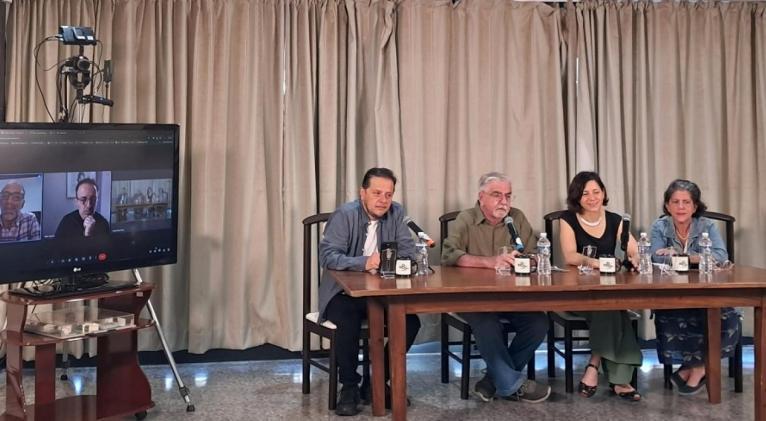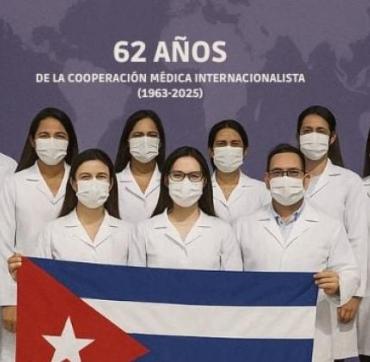Recovery of Film Heritage in Cuba
especiales

The Cuban Institute of Cinematographic Arts and Industries (ICAIC) held the workshop "Film Restoration Techniques" this Thursday as part of the First International Meeting on Restored Cinema in Havana.
Moderated by Luciano Castillo, director of the Cuban Film Library, the event featured Helena Tamaccaro, executive director of the Limaggine Ritrovata Laboratory (Italy), and Jorge Mario Vera, member of the Colombian Film Heritage Foundation.
"This is the only way to advance from a technical perspective and share experiences in this area," Tamaccaro expressed her gratitude to the Havana-based event. Pablo Insunza, preservation coordinator at the National Film Library of Chile, and Rodrigo Merces, technical deputy director of the Brazilian Film Library, offered their thoughts on the event virtually.
The panelists shared different experiences in the world of restoration, the development of each center where they currently work, and the techniques they have employed. Castillo explained that nearly 70 people from the Italian laboratory where Helena Tamaccaro belongs, worked to restore the Cuban film "Memories of Underdevelopment" (1968), recently screened at the Cannes Film Festival.
Rodrigo Merces, for his part, highlighted the preservation of Brazilian audiovisual memory as the main mission of his film library's laboratory; he also drew attention to technological obsolescence and the high cost of purchasing and maintaining the required equipment as significant impacts.
Castillo added temperature changes as another factor, recalling his visit to an American laboratory, where technicians rated the Cuban film "Death of a Bureaucrat" (1966) as having the worst state of preservation of all its materials due to this. Pablo Insunza also spoke about the Chilean film library's Silent Collection (1907-1928), which consists of 24 historical recordings digitized and restored using 4K technology.
Most of the originals are in nitrate. The ultimate goal is a copy as faithful as possible to the original recording, so the time invested varies; two feature films of between 80 and 90 minutes, for example, take around six months, Insunza noted. Jorge Mario Vera, representative of the Colombian foundation that collaborated on the restoration of three short films by the Cuban animated film "Elpidio Valdés," emphasized the importance of collaborative work to better recover the materials.
This provides an important opportunity to understand and create dynamics that allow for exchange; sometimes, thanks to institutions, many of the materials that are presumed lost have been able to undergo more effective restoration processes, Vera noted.














Add new comment